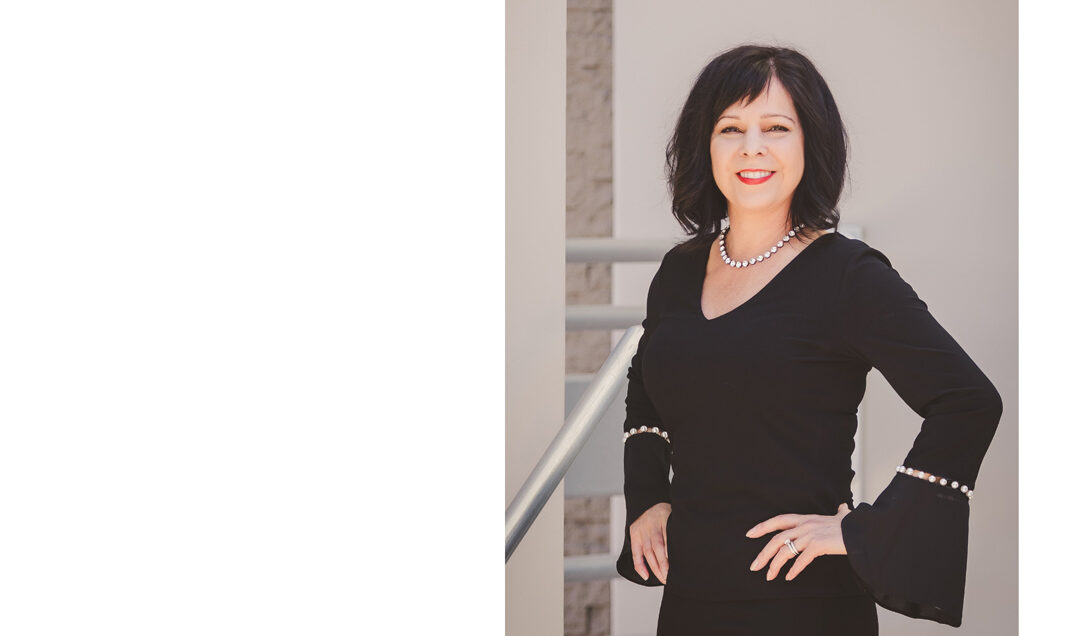Public Speaking starts inside of you.
Have you ever considered who you are for yourself matters, and has everything to do with how you show up for your audience?
I am talking about your beliefs about yourself and your self-image.
It starts before you ever get in front of the room because – wherever you go, there you are.
You want to be the same person in front of your audience as you are in life.
Have you ever thought about how you show up for yourself, who you are for yourself?
How do you figure that out?
How do you get “access” to yourself?
I am talking here about showing up for yourself in relation to public speaking.
First, let’s just define showing up.
The dictionary definition of show up is “to be conspicuous or clearly visible”.
Being conspicuous or clearly visible for ourselves is to be aware of what’s going on in our thoughts and feelings – our own self-image.
Limiting beliefs, negative self-talk, and what you say to yourself about yourself impacts how you are in front of the room.
What do you say to yourself, in your head, that’s keeping you from being a good speaker, from being the best you can be?
What I’m talking about here is looking at how we show up for ourselves in relation to getting in front an audience.
Why does this matter in public speaking?
Because who you are shows up in the presence of others – like it or not.
The number one fear for people remains the fear of public speaking.
As an entrepreneur, you are your business and your business is you.
When you are representing yourself and your business from the front of the room, these are the same thing in the eyes of your audience.
I think that we are afraid that people will see who we are.
We’re not afraid that they will see what we think of as the real “who we are” – perhaps the compassionate and kind part of us.
Or the parts of ourselves that we like.
We all want to look good, so we’re not afraid people will see that.
We’re afraid that people will see what we think of as the bad or unacceptable parts of ourselves.
In order to have full power in front of our audience, we first need to identify any negative self-talk or beliefs that we have about ourselves that have to do with public speaking.
We need to distinguish what we are saying to ourselves that is disempowering us.
Then it can’t dictate how we are.
But, unidentified, it will run the show and that’s what we’re afraid people will see.
Our thoughts control how we feel about ourselves and the world around us.
Positive thoughts can leave us feeling good about ourselves, while negative thoughts can pull us down.
Sometimes, our thoughts happen so quickly that we don’t notice them, but we suddenly find ourselves feeling bad about ourselves.
Often, those thoughts are automatic and irrational.
Identifying these negative thoughts and working with them to replace them with positive ones, is an important step towards having full power in your speaking.
As you start to listen to the way you talk to yourself, you might be surprised what by you hear.
You’re not always very nice to you!
You would never say those things to another person.
The good news is you’re not alone.
It’s our human condition that we do this.
We all do it.
I do it, you do it, we all do it.
It’s not always easy to look at yourself in this manner.
It takes a lot of courage to do and what you need to know is what you are saying to yourself is automatic and not your creation.
How did it get there?
It doesn’t matter!
We are not going to go there!
What matters is that it’s there now, and now is when you have the power to do something about it.
You would never design saying these things to yourself on purpose.
Some of mine are: there must be something wrong with me; no one wants to hear what I have to say; I can’t do this; I’ll never make it; other people can do it better.
If I listened to any of that and gave it power, I would never have had the nerve to think I could be a public speaker, let alone have a public speaking business and teach programs on public speaking!
There is nothing wrong with you!
We all have those things that we say to ourselves about ourselves.
This is your access to public speaking power.

